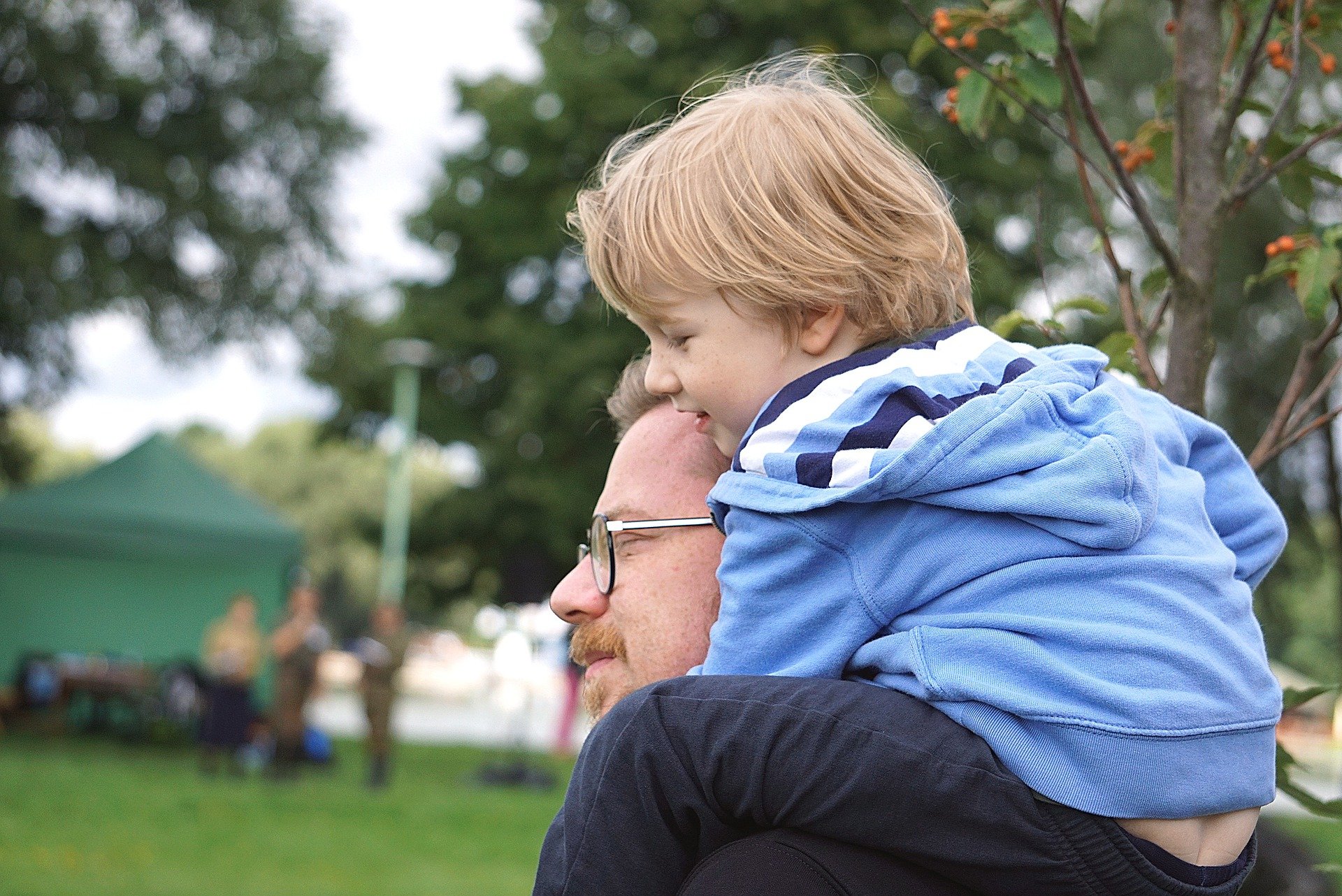What is good parenting? How do you know if you are raising your child correctly?
Parents of eldest sons often do not know what to do to raise their children correctly so that they do not grow up to be naughty, spoiled, or conversely, rude brats. How to raise a child correctly is all about money. The moment a baby is born, we picture in our minds how good he or she will grow up to be and how to raise him or her correctly, and then we find out after birth that he or she is willful and (often) stubborn. Some parents also adopt and follow the parenting style of the original family, even though they do not know how to raise their children correctly. However, those who have no memories of their own (childhood) parenting style have no choice but to use trial and error.
Parenting Styles
On the other hand, some families seek a strict (directive) parenting style that provides order and discipline to their children and makes them obey unconditionally. In many cases, this parenting style helps, but some children are sensitive to too strict conditions and in a sense restrict the child\’s freedom, making him or her immobile and unable to get through the train. That is when the first conflict arises. In the case of too strict education, the child is always afraid to do anything, afraid that it will be wrong or that punishment for something wrong will come.

On the other hand, some families take a liberal approach to parenting, allowing their children almost anything and trying to be friends rather than parents. This way of raising children also has its particular advantages and disadvantages. It is certainly not an ideal approach either.
According to Lucy Konig, author of the internationally renowned bestseller “The Illiterate Parent,” the most beneficial way to raise a child is right between strictness and freedom, with space for the child to express himself freely.24]
The Third Space
British psychoanalyst Donald W. Winnicott once wrote about the need for parents to stay apart and for children to have a third space where they can be close or not close to their parents. When parents are too close to their children, children who are not separated are born; conversely, when parents are too far away from their children, children who are depressed are born.

Five markers of good parenting
- Love the child unconditionally (parental love must always come, not just when the child is good)
- Accept the child as he/she is (children is an individual with his or her own needs and desires, and therefore does not have to fulfill them;
- I am a parent, not a God (parents are to be respected, not feared);
- be a role model for children Then always show that you respect it too.
